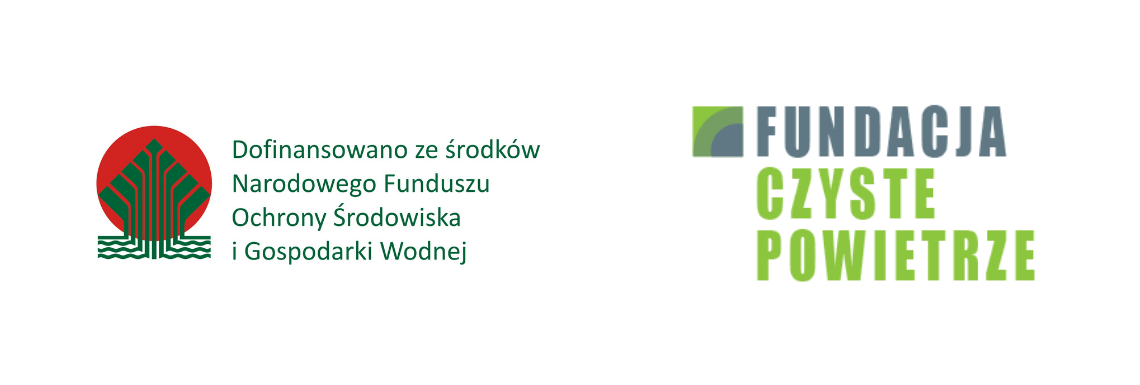Electromobility: an opportunity for the Polish economy
While the definition of electromobility may be obvious to many readers, it is worth clearing things up front: it means the use of electric vehicles to transport people and goods. The range of vehicles covered by the definition is therefore very wide and spans those intended for use by individuals (e.g. cars, motorcycles and scooters) with those used in public transport (buses, streetcars, trains) and for the transport of goods (e.g. lorries and delivery vehicles). It entails technologies related not only to vehicle manufacturing and operation, but also to energy management or charging infrastructure development. With the demand for new products and services comes investment that stimulates the economy and promotes growth in regions.
Many hopes have been raised by Izera, a Polish brand of electric cars, which is expected to enter production in 2024. According to the designers, the cars will be able to travel up to 400 km on a single charge. Last July, ElectroMobility Poland showcased two prototypes of Izera (hatchback and SUV). The name of the Polish EV comes from the Izerskie Mountains, a beautiful and clean region of the country. Izera is to be produced in Jaworzno in the first electric car factory in Poland. About 15 thousand people are expected to find jobs the new company: 3 thousand at the Jaworzno manufacturing plant and 12 thousand with suppliers and subcontractors.
- The investment is an important part of the plan for Silesia and allows us to develop innovative industry that will help modernize the local economy and create new jobs in the region. Izera is an opportunity for the automotive industry, which operates efficiently here, and for the use of the potential of electromobility, which perfectly fits into the economic landscape of the region – Michał Kurtyka, Minister of Climate and Environment, said.
In support of electromobility, the Ministry of Climate and Environment has focused on public transport first. In several editions of the GEPARD program, public transport hosts and operators have already received support from the National Fund for Environmental Protection and Water Management (NFOŚiGW). Currently, the National Fund for Environmental Protection and Water Management offers subsidies under the the "Green Public Transport" programme for electric buses, hydrogen buses and trolleybuses, as well as for battery charging or hydrogen refueling grids. The budget of the competition that was announced and prioritized under the National Reconstruction Plan (NRP) is PLN 1.2bn. According to NFOŚiGW estimates, the amount should suffice for the purchase of at least 760 electric or hydrogen-powered buses. The subsidy will address municipal authorities, especially smaller ones and those gradually losing their social and economic functions, those which are struggling with the problem of smog, as well as to local administration in order to tackle the phenomenon of transport exclusion by developing local transport infrastructure managed by local authorities.
The issue of subsidies for electric cars, which could lead to a breakthrough in the development of the new automotive sector, has been widely discussed recently. As widespread presence of EVs is an opportunity for sustainable economic and social development, it is important that they benefit the widest possible range of users. A call for applications for funding the purchase or lease of an electric vehicle launched on July 12 under the NFOŚiGW's "My EV" programme is addressed at individuals at the moment, but soon also entrepreneurs, institutions and organizations will be able to benefit from the support. Additionally, in order to trigger the leasing subsidies, NFOSiGW on July 26, 2021 announced a call for banks to partner in the process. It is expected that as early as in autumn it will be possible to offer subsidies for what is the most popular form of vehicle acquisition among entrepreneurs.
According to Artur Lorkowski, Deputy President of the National Fund for Environmental Protection and Water Management, The leasing companies will apply for the leasing subsidies on behalf of the lessees. They will cooperate with the banks that will be furnished with the monies from the National Fund. The only action required from the applicant would be to sign off the lease supported by the grant.
Companies in Poland are becoming more and more convinced about electromobility - already one out of five SME sector representative has considered putting together a fleet of vehicles consisting of plug-in hybrids or electric cars. More than 90% of entrepreneurs say they want to finance "green" vehicles through leasing or long-term rental. The pace of electrification of transport in Poland therefore largely depends on the involvement of leasing companies, according to the report entitled "Car fleets as key to electromobility" prepared by PKO Leasing in cooperation with Masterlease and the Polish Alternative Fuels Association.
The new transportation model will not become widespread unless the suitable charging infrastructure has been put in place. Concerns about not being able to charge an electric car on a journey are the most common reason for refraining from using one and are considered a stumbling block for the industry growth. To meet the needs of EVs users and entrepreneurs, NFOŚiGW will soon launch a support programme also in this area to subsidise, among others, the construction of fast charging stations in cities and in transit. There are also plans to support the development of charging stations located, for example, on properties managed by housing communities. The activities of NFOŚiGW will allow new projects to be launched, stimulating the development of companies both from the electromobility sector and from other industries, e.g. power generation or construction.
The National Fund for Environmental Protection and Water Management (NFOŚiGW) hopes to receive approval in the coming months for public support in the amount of PLN 800 million for projects to develop charging infrastructure for zero-emission vehicles.


This material was published thanks to a grant from the National Fund for Environmental Protection and Water Management.
The Clean Air Foundation is solely responsible for its content.




